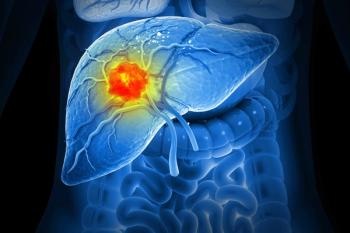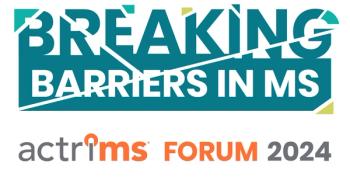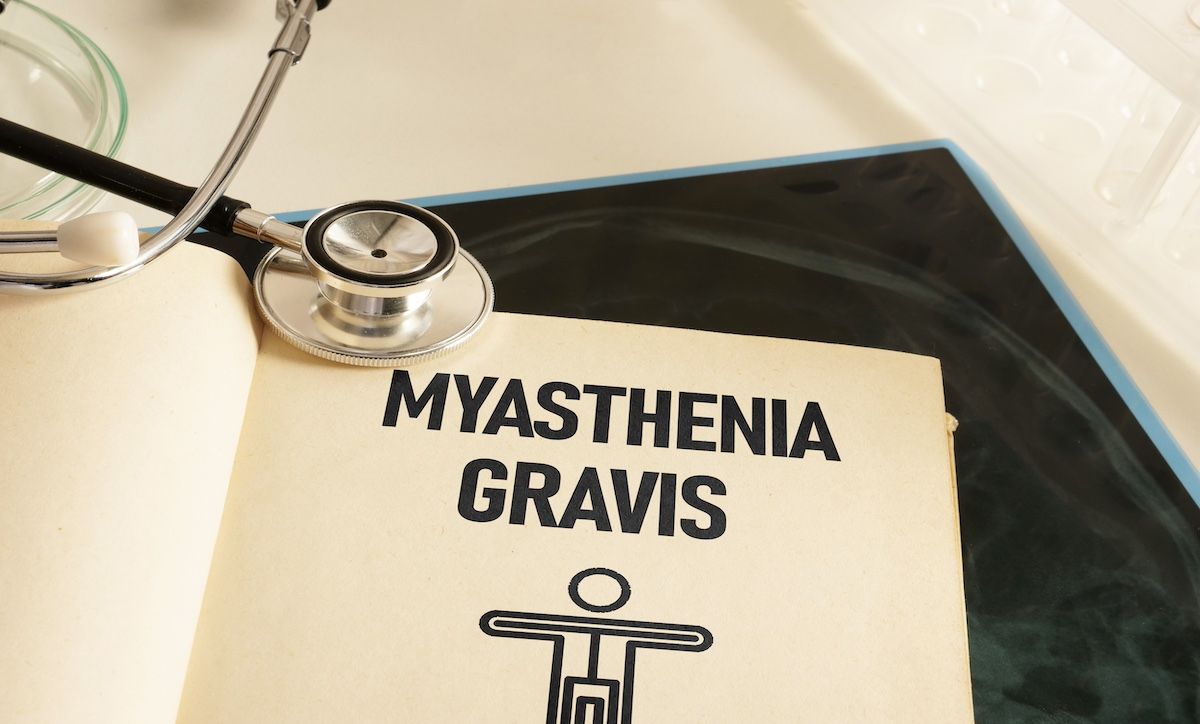
Technology
Latest News
Latest Videos

CME Content
More News

Men who have sex with men (MSM) who primarily spoke Spanish and transgender women who spoke either English or Spanish had positive experiences with a mobile health (mHealth) intervention.

With the 2024 Community Oncology Conference, from the Community Oncology Alliance (COA), set to kick off this week in Orlando, Florida, The American Journal of Managed Care® spoke with Emily Touloukian, DO, COA board member and 1 of 6 cochairs for this year’s meeting, on highlights from the packed agenda and the power of advocacy.

An artificial intelligence (AI) mode was more accurate in assessing patient risks for skin cancer through the analysis of 2D facial images compared with more traditional risk-factor screening.

Individual variations in cognitive performance based on fluctuating glucose levels were observed, necessitating further research on the topic.

This analysis included 119 patients with advanced lung cancer, who were evaluated on 3 facets of physical activity over 14 days of using the amuelink wearable device from Sony: metabolic equivalent tasks, distance walked, and steps taken.

Lack of routine testing can lead to tragic consequences for patients with cancer; an analysis raises questions about clinical benefits of digital diabetes management tools; overuse of antibiotics poses risks to patients with a misdiagnosis of pneumonia.

Investigators examined the downstream effect of single-gene testing for guideline-recommended biomarkers on comprehensive genomic profiling in non–small cell lung cancer (NSCLC).

Machine learning models have potential for early identification of patients with metabolic dysfunction-associated steatotic liver disease (MASLD) who are at risk of hepatocellular carcinoma.

This finding on continuous glucose monitoring (CGM) remained even after the researchers adjusted for glycemic control according to HbA1C levels.

CMS is highly likely to negotiate the price of the obesity medication semaglutide in the coming years; many health care providers are trying to determine whether their cyberattack insurance will help cover their losses after the Change Healthcare hack; the US life expectancy increased for the first time in 2 years.

A global AIDS program that was in limbo for months got temporary relief after congressional negotiators agreed to a 1-year renewal in the next government funding package; the outcome of the November presidential election could determine the state of fetal tissue research in the US; federal officials and industry executives failed to make improvements that stop hacking attacks.

The approval makes atidarsagene autotemcel (arsa-cel [Lenmeldy]; Orchard Therapeutics) the first approved treatment for metachromatic leukodystrophy, a disease caused by a mutation in the ARSA gene and marked by progressive declines in both the central and peripheral nervous systems.

Analysis of single-agent, combination, and novel bispecific antibodies revealed a positive landscape of treatment for patients with diffuse large B-cell lymphoma (DLBCL).

UnitedHealth Group aims to restore services amid investigations; providers advised to administer measles vaccine to infants before international travel; study finds significant increase in medication abortions after Supreme Court decision.

AstraZeneca joins efforts to address high drug prices by capping out-of-pocket costs for its inhalers; Opill, the first OTC birth control pill, is now accessible through online sales; expansion prompts questions on the effectiveness and regulation of remote monitoring technology.

This scoping review discovered potential risks and critical gaps in the efficacy, safety, and transparency of current artificial intelligence (AI) dermatology mobile apps, emphasizing the need for regulatory intervention.

A multicentric, single-arm diagnostic study created a decentralized federated learning model for the classification of invasive melanomas and nevi, showcasing comparable results to centralized data models.

Krystyn Van Vliet, PhD, vice president for research and innovation at Cornell University's Meinig School of Biomedical Engineering, discusses using engineered 3D platforms to identify potential multiple sclerosis (MS) drug candidates.

The HHS Office for Civil Rights is investigating whether patient data were exposed in the cyberattack on Change Healthcare; a new study claims that the US’ high maternal mortality rates are the product of flawed data; HHS secretary is open to drug testing recipients of welfare.

Telehealth, which increased 63-fold from 2019 to 2020, has potential for managing and delivering care to patients with rheumatic diseases.

A deep learning model may be able to outperform ophthalmologists in predicting neovascular age-related macular degeneration (nAMD) recurrence.

Novo Nordisk is working with authorities in several countries to tackle counterfeit versions of popular diabetes drug semaglutide (Ozempic); Amylyx’s controversial amyotrophic lateral sclerosis (ALS) drug failed to help patients in a large follow-up study; disruptions from the Change Healthcare cyberattack are costing health providers as much as $1 billion a day.

Starting summer 2024, individuals across the US will be able to purchase a continuous glucose monitor (CGM) without needing a prescription.

The poster session at the Americas Committee for Research and Treatment in Multiple Sclerosis (ACTRIMS) Forum 2024 dedicated a section to emerging developments in the use of artificial intelligence (AI) in research and treatment approaches in multiple sclerosis (MS).

On day 2 of the Americas Committee for Treatment and Research in Multiple Sclerosis (ACTRIMS) Forum 2024, speakers gave great attention to novel developments in the field of imaging and 3D modeling in multiple sclerosis (MS).



















